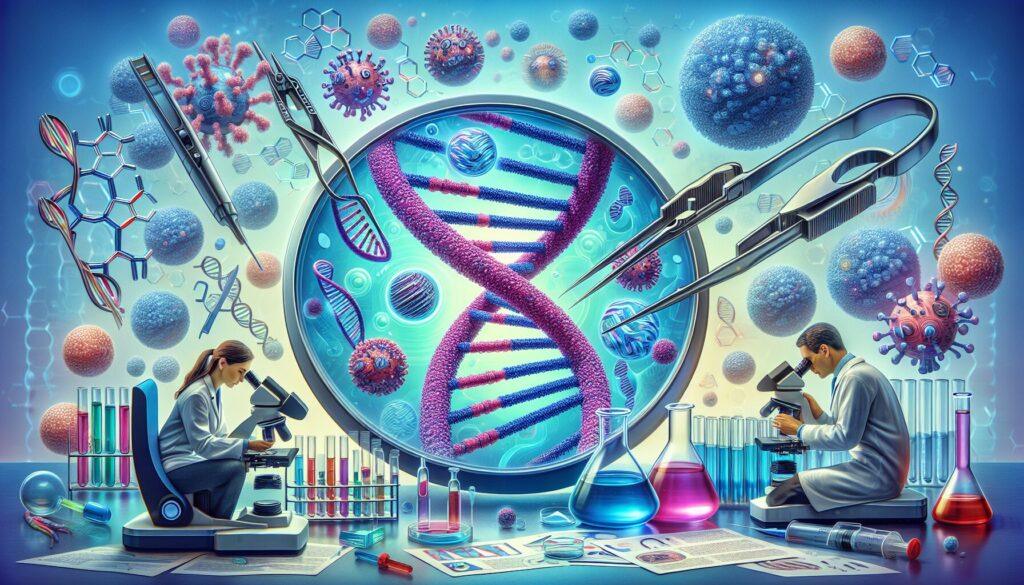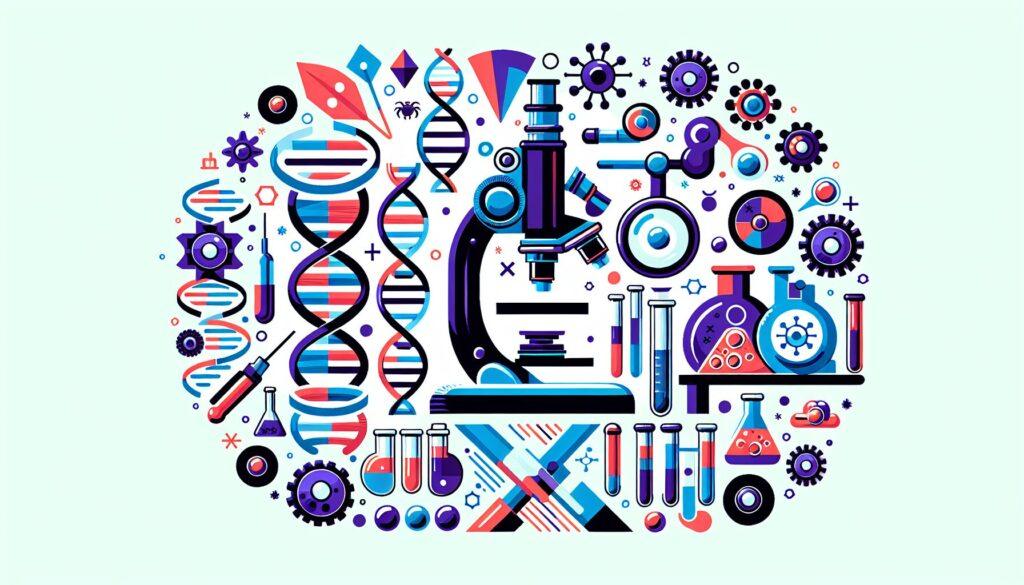Biological Immortality
The quest for biological immortality is not a new one; it is as old as the human race itself. Throughout history, from the alchemists’ pursuit of the philosopher’s stone to the mythical Fountain of Youth, our species has been obsessed with the idea of eternal life.
Today, the search continues but with a more scientific approach, as researchers delve into the complexities of our biology, seeking to understand and potentially halt the aging process.
Advances in genetics, stem cell research, and biotechnology are leading us closer to this once-unthinkable goal, promising a future where aging could be dramatically slowed or even reversed, opening the door to lifespans that far exceed our current natural limits.
Have you ever questioned whether it will be preferable to stay eternally? It appears like one thing straight out of a science fiction novel, proper? But the idea of organic immortality is more than only a fantasy. It’s an actual scientific phenomenon, and at this time, we’ll unravel its mysteries collectively.
What is biological immortality?
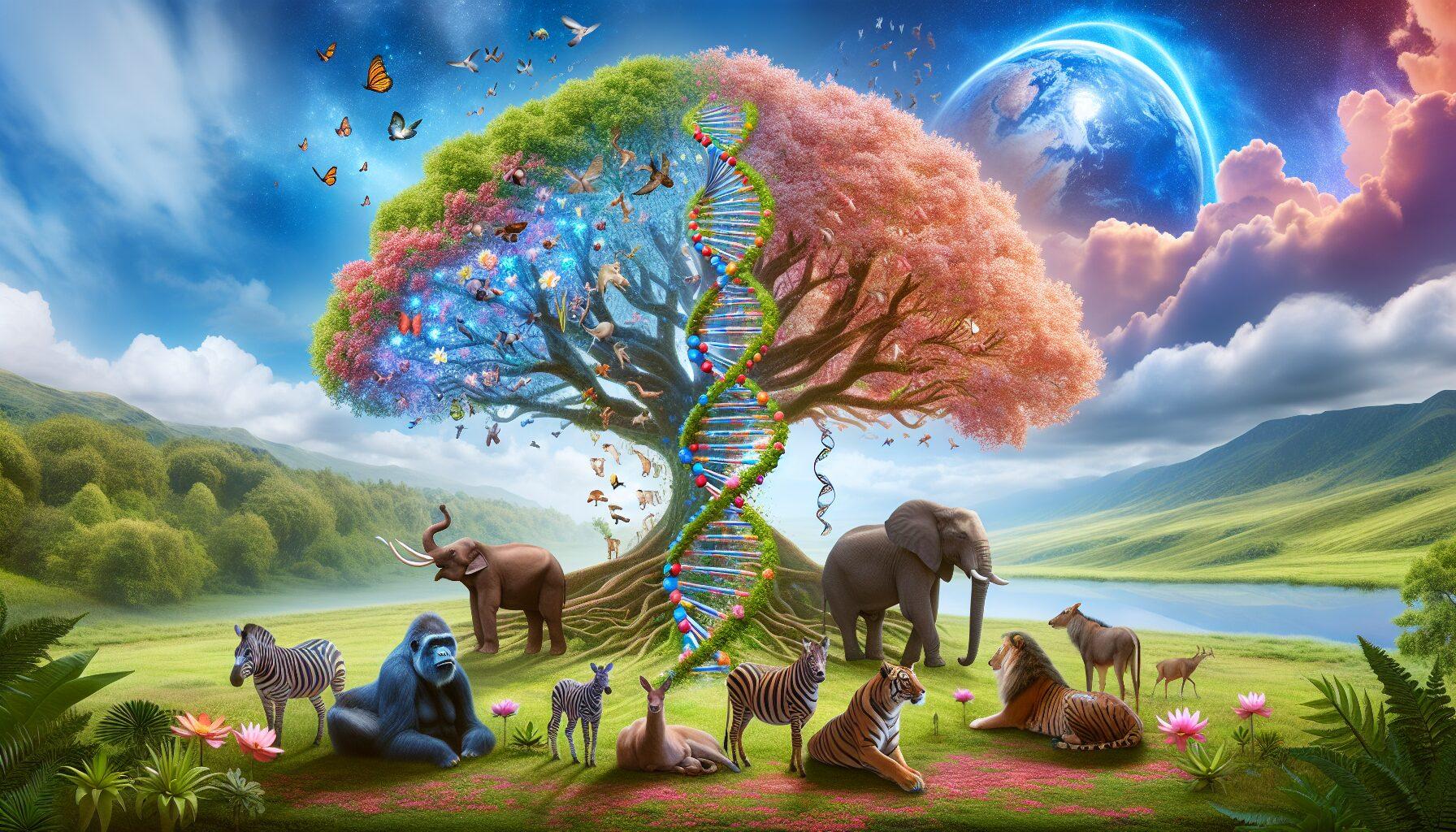
Biological immortality refers to the concept where a living organism can, in theory, avoid aging and thus, death from senescence. This doesn’t mean they are invulnerable to all forms of death; they can still die from diseases, predation, or accidents.
However, unlike most species, biologically immortal organisms do not exhibit a decline in their ability to maintain homeostasis as they age, allowing them to potentially live indefinitely under the right conditions.
This fascinating trait has been observed in certain species and has captivated scientists who are eager to understand the underlying mechanisms that make this possible.
Biological immortality refers to a state where the fee of mortality from senescence (getting older) is secure or decreases, which means the organism does not age in the conventional sense. Imagine a world where rising outdated doesn’t essentially imply rising weak. Sounds intriguing, does it?
The Science Behind It
This tantalizing concept is grounded in the burgeoning field of biogerontology, which delves into the biological underpinnings of aging and longevity. Researchers in this discipline are unraveling the complex molecular and cellular mechanisms that dictate the aging process.
By understanding how organisms age, scientists are poised to develop interventions that could potentially slow, halt, or even reverse aspects of senescence, opening the door to a future where age-related decline is no longer an inevitable part of life.
Let’s speak science for a second. Biological immortality doesn’t suggest organisms cannot die; it simply means they do not die from an outdated age. Some species, like the jellyfish Turritopsis dohrnii, can revert to an earlier stage of life, primarily ‘resetting’ their organic clock. This jellyfish is usually nicknamed the ‘immortal jellyfish,’ and for a motive!
Real-World Examples
1: Immortal Animals: While the ‘immortal jellyfish’ captures our imagination, it’s not the only creature with remarkable longevity. The ocean quahog, a type of clam, can live for more than 500 years, with one specimen named Ming reaching an age of 507 before scientists, unfortunately, ended its life during research.
These bivalves serve as living history books, their shells encoding valuable data about the ocean’s past climate conditions. In the realm of vertebrates, the Greenland shark takes the crown for longevity, with estimates suggesting these deep-sea dwellers can live for around 400 years, their slow-paced lifestyle contributing to their extended lifespans.
Besides the well-known jellyfish, certain sorts of lobsters and a few species of turtles present negligible senescence, which means they age very slowly. These creatures supply unbelievable insights into how nature tackles the getting-older course.
2: Human Applications: Drawing from the remarkable resilience of these animals, scientists are delving deep into their biological processes to uncover the secrets of their longevity.
This research holds the promise of groundbreaking applications in human medicine, potentially offering new ways to combat aging and extend healthy human lifespans.
By mimicking the cellular mechanisms that grant these creatures their extended youth, we may one day be able to develop treatments that not only slow down the aging process but also improve our overall quality of life as we age.
Scientists are exploring methods to use these ideas for human medication. While we’re not there, understanding these mechanisms may result in breakthroughs in treating age-related illnesses.
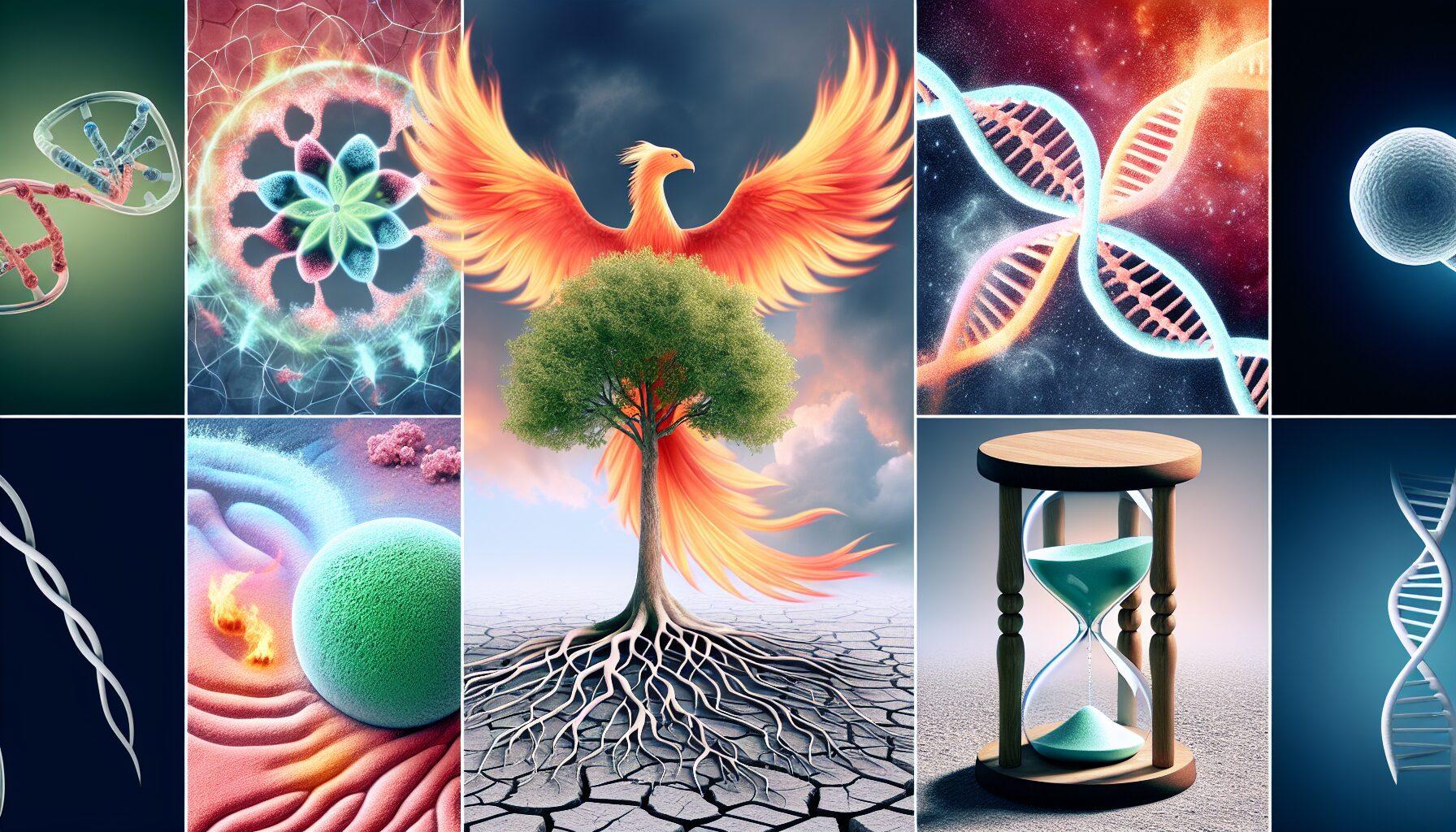
[Did You Know?]
Lobsters have the distinctive potential to regenerate their limbs, which contributes to their longevity. Scientists are finding this out to grasp how people may, in the future, regenerate misplaced tissues.
Can humans achieve biological immortality?
While the concept of biological immortality for humans remains a subject of both fascination and research, it is clear that we are still in the early stages of understanding the complexities involved.
The study of creatures like lobsters provides valuable insights into cellular regeneration and longevity, but translating these findings into practical applications for human health is a significant challenge.
Researchers are exploring various avenues, including genetics, stem cell therapy, and even the role of artificial intelligence in personalizing medical treatments, to unlock the secrets of extending human life and enhancing our ability to recover from injuries.
This is the million-dollar query. While people have not cracked the code for organic immortality, developments in know-how and medication are paving the way for longer, healthier lives. Researchers are specializing in telomeres (protecting caps on chromosomes) and stem cell remedies as potential keys to unlocking longevity.
How You Can Engage with This Topic
1; Take a Quiz: Engage your curiosity by taking a quiz designed to test your knowledge on the science of aging and the latest advancements in longevity research.
By doing so, you’ll not only learn about the fascinating biological mechanisms behind aging but also discover how close science is to potentially reversing or halting the aging process.
This interactive approach can help you understand your own aging process and what steps you might take to influence it positively. How much are you aware of the science of getting older? Test your information with our interactive quiz!
2: Join a Discussion: Track Your Progress: Once you’ve armed yourself with knowledge and engaged in community discussions, it’s time to put that information into action. With AI personalization, you can monitor your aging process by tracking various health indicators and lifestyle choices.
This technology can provide you with real-time feedback and personalized recommendations, allowing you to make informed decisions that could slow down or even reverse some aspects of aging.
By consistently tracking your progress, you’ll be able to see the tangible results of your efforts and adjust your strategy as needed to optimize your health and longevity. Participate in boards or online communities exploring longevity analysis. Share your ideas and be taught by others.
3: Stay Informed: 4: Embrace Technology: In the rapidly evolving field of longevity, technology plays a pivotal role. Utilize the latest apps and devices designed to monitor health metrics, such as sleep patterns, physical activity, and nutrition intake.
By integrating these technological tools into your daily routine, you can gain real-time insights and personalized feedback that empower you to make more informed decisions about your lifestyle and interventions to promote longevity.
Follow scientific journals and information shops for the newest updates on getting older analysis. Knowledge is energy!
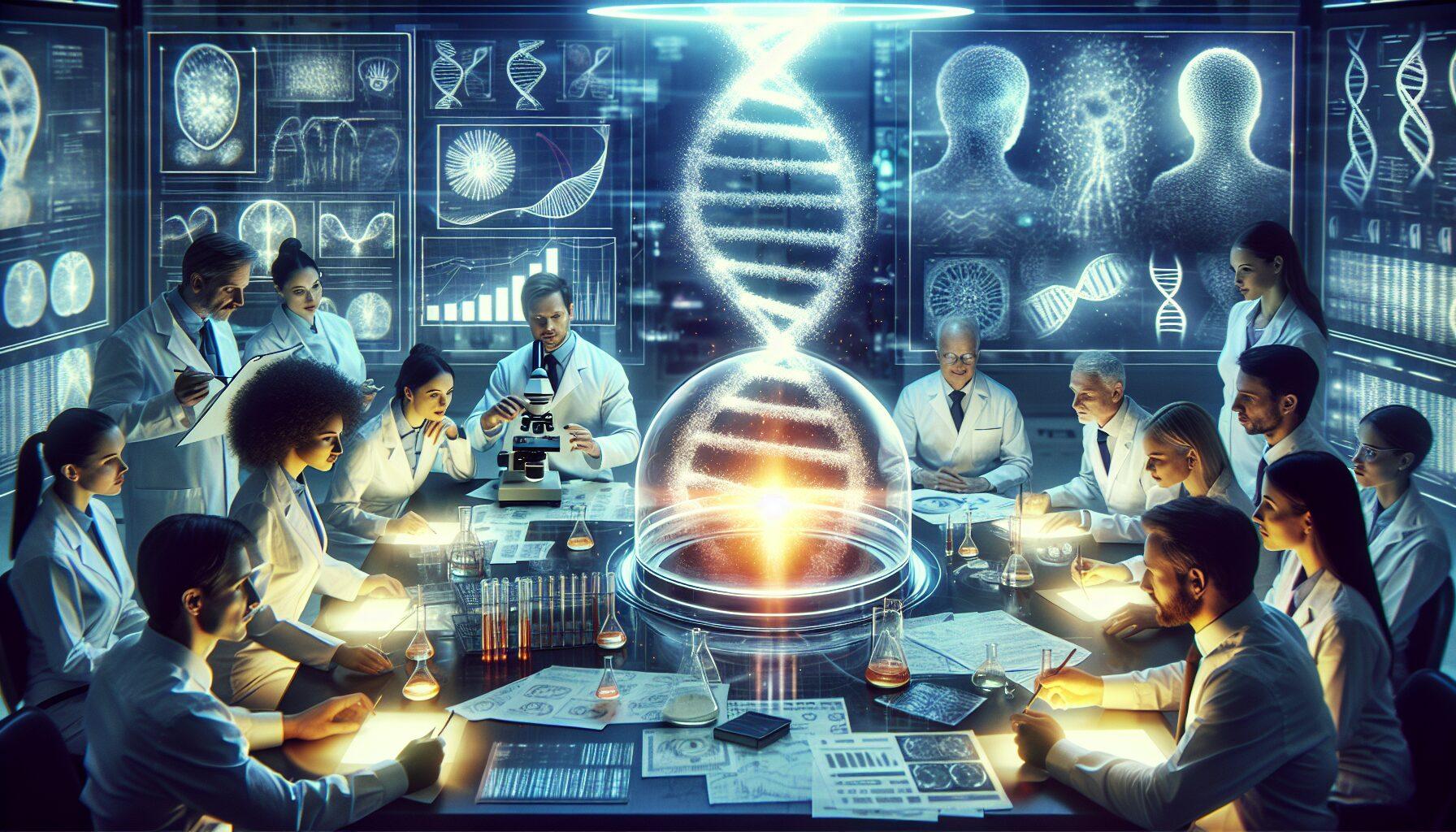
[Quick Tip]
Want to stay longer? Nutrition and lifestyle play a big role. Incorporating a balanced eating regimen, common training, and stress administration can contribute to a healthier life.
The Future of Biological Immortality
As we delve deeper into the realm of anti-aging, AI personalization is emerging as a key player in tailoring health strategies to individual needs.
By analyzing vast amounts of data on genetics, lifestyle, and environmental factors, AI algorithms can predict the most effective interventions for extending one’s healthspan.
This personalized approach not only enhances the precision of health recommendations but also empowers individuals to make informed decisions about their well-being, bringing us closer to the reality of biological immortality.
As analysis continues, who is aware of what the future holds? While the concept of residing eternally remains a subject of debate, the journey in the direction of understanding organic immortality is one of the most enjoyable frontiers in science.
Conclusion
The implications of achieving biological immortality are profound, extending beyond the individual to society at large. If humans were able to live indefinitely, the very structure of life stages, career arcs, and family dynamics would undergo an unprecedented transformation.
Ethical considerations would take center stage as we grapple with the moral dimensions of eternal life, from overpopulation to the equitable distribution of life-extending technologies.
As we stand on the cusp of such groundbreaking discoveries, it is imperative that we engage in a global dialogue to prepare for the potential realities that may soon unfold.
Whether or not we obtain biological immortality in our lifetime, the pursuit itself is a testimony to human curiosity and innovation. By finding out the creatures that defy getting older, we might unlock secrets and techniques that enhance the high quality of human life. So, keep curious and continue exploring the wonders of science!


